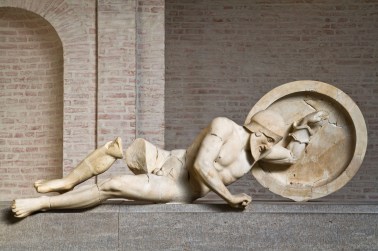I was unable to cope when I joined the parliamentary lobby as a reporter for the London Evening Standard more than ten years ago. I faced two problems, both of them disastrous. The first was that I did not know how to recognise a political story. A grand set-piece – the sacking of a minister, or the fall of a government – was obvious enough to anyone. But the kind of event that fills the newspapers on a daily basis appeared to me arbitrary, governed by laws that I could not fathom. The second problem was even worse. Once a story had been drawn to my attention, I did not know how to write it.
It was a bad time. I acquired a haunted look, lost more than a stone in weight and daily expected to be dismissed by the editor of the Evening Standard, to me at least a remote and ferocious figure. Late one evening I humbly approached a senior member of the lobby for advice. ‘You have to bear one thing in mind, lad,’ the old-timer told me. ‘The reader does not want to look at the story at all. He is heading straight to the theatre listings or the sports pages. Your job is to arrest his attention before he gets there.
‘A political story,’ he explained, ‘is essentially composed of two elements. Something happens – a speech, a piece of economic news, a throwaway remark by a Cabinet minister, a resignation. But these events, by themselves, have no meaning. They have to be connected with a wider pattern.
‘Thus an article that starts off “The rate of inflation rose by x per cent last night”, while accurate so far as it goes, is unlikely to hold the reader’s attention for long.







Comments
Join the debate for just £1 a month
Be part of the conversation with other Spectator readers by getting your first three months for £3.
UNLOCK ACCESS Just £1 a monthAlready a subscriber? Log in